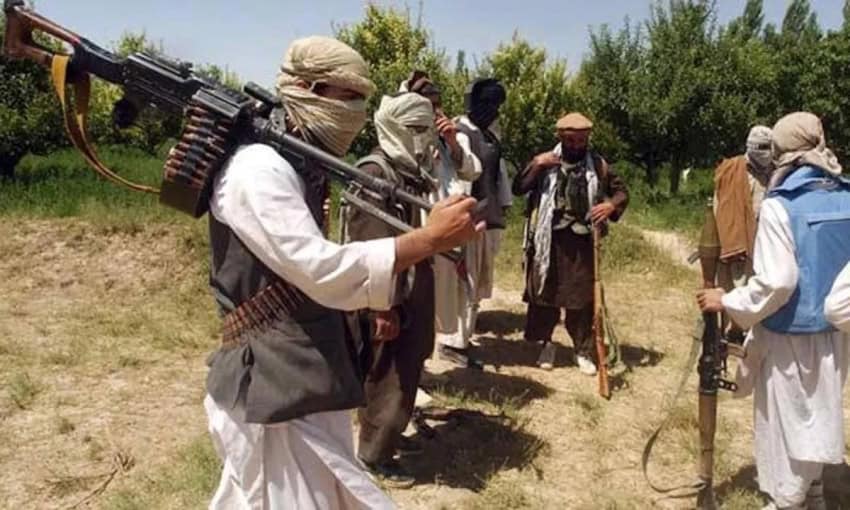The United Nations identified the militant network Tehreek-e-Taliban Pakistan (TTP) as the “largest terrorist group” in Afghanistan, corroborating Pakistani officials’ claims that the current Afghan administration is harboring and facilitating the group’s cross-border attacks.
In November of last year, Pakistan issued a stern statement against the Kabul administration, reporting a 60 percent rise in militant violence and a 500 percent increase in suicide bombings since the Taliban’s return to power in 2021.
Former caretaker Prime Minister Anwar-ul-Haq Kakar stated that evidence showed the Afghan Taliban were “facilitating” such attacks, despite repeated requests from Pakistani authorities to prevent their soil from being used against any state. He noted that 15 Afghan nationals were involved in suicide attacks in Pakistan, while 64 had died in clashes with Pakistani law enforcement.
Pakistan also initiated a deportation drive against “illegal immigrants,” primarily targeting Afghans, citing security concerns.
“Despite the Taliban’s continued assertions that there are no foreign terrorist groups in Afghanistan other than ISIL-K [Islamic State of Iraq and the Levant, Khorasan chapter], Member States reported that over two dozen groups still operate in the country, enjoying freedom of movement under the de facto authorities with oversight from the General Directorate of Intelligence,” stated the UN Sanctions Monitoring Team’s report released on Wednesday.
“TTP remained the largest terrorist group in Afghanistan, with an estimated strength of 6,000–6,500 fighters,” the report continued. “One Member State expressed concern that greater collaboration between TTP and Al-Qaida could transform TTP into an ‘extraregional threat.’”
The report indicated that Al Qaeda’s training had led TTP to shift tactics and target high-profile, hard-to-reach objectives.
The report highlighted weapon transfers to TTP and the release of Daesh prisoners from local jails after they agreed to join the banned Pakistani militant network.
“One Member State detailed how the Taliban exerts pressure on TTP through funding, reportedly providing 3.5 million afghanis ($50,500) on a monthly basis to TTP leader Noor Wali Mehsud, while also directing him to seek additional revenue sources from donors,” the report added.
The UN document mentioned that the Afghan Taliban remained concerned that excessive pressure might push TTP towards collaborating with Daesh.
It acknowledged that TTP had intensified attacks against Pakistan, “significantly increasing from 573 in 2021 to 715 in 2022 and 1,210 in 2023, with the trend continuing into 2024.”
The report also noted that advanced military equipment, particularly night vision devices transferred to TTP after the Taliban takeover, had enhanced the lethality of the group’s attacks against Pakistan’s military border posts.
“Despite current stability, Afghanistan will remain a source of insecurity for Central Asia and the region in most scenarios,” the report concluded, questioning the Taliban administration’s ability to handle complex governance challenges in Afghanistan.













